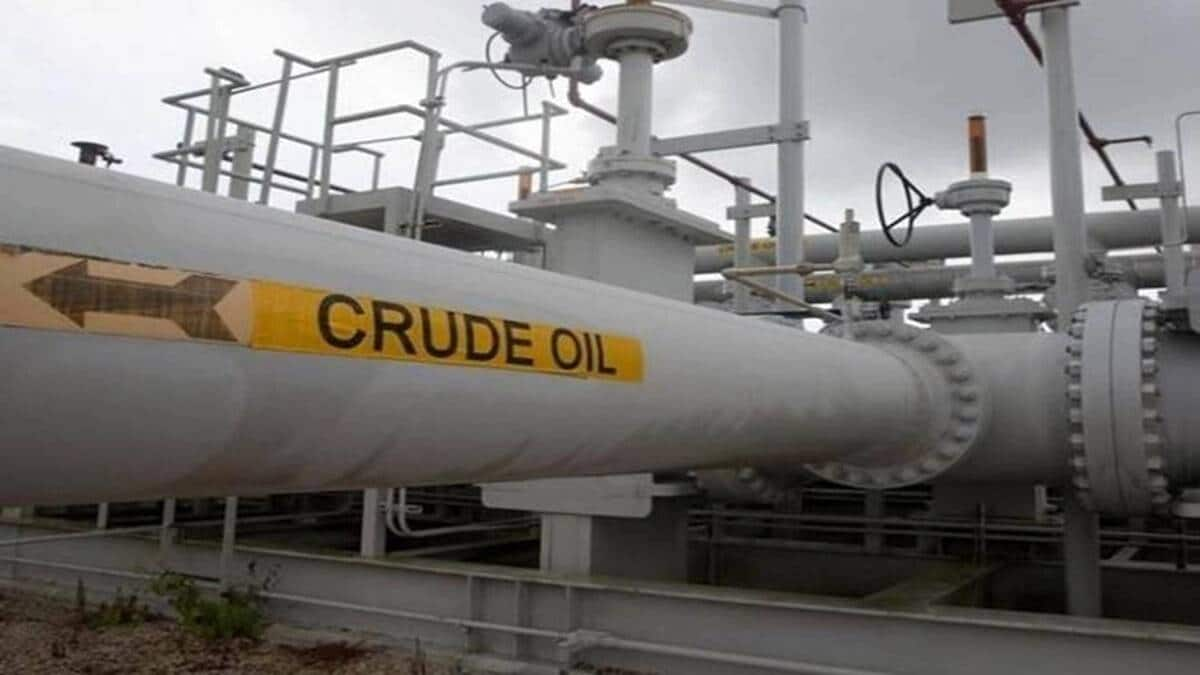US sanctions on Indian firm may abort Delhi’s plans to resume purchase of Iranian crude
Washington’s decision to impose sanctions on Mumbai-based petrochemical trading company Tibalaji Petrochem Pvt Ltd for dealing with Iran may pull the plug on a reported plan by Delhi to resume purchase of Iranian crude, after a four year gap.
Ever since the US announced the sanctions on Iran in 2018-19 for walking out of a nuclear pact, India hasn’t been purchasing sweet crude from the Western Asian country, which used to account for over 10% its crude imports. However, the prospect of a rethink by India looked bright after prime minister Narendra Modi met Iranian president Ebrahim Raisi in Samarkand, Uzbekistan on September 16, on the sidelines of the 22nd meeting of the council of heads of states of the Shanghai Cooperation Organisation. Iranian officials have since sounded optimistic about India’s willingness to restart import of crude from Iran.
What boosted the Iranian side’s confidence about revival of India-Iran oil trade is open assertions by senior Indian government functionaries about the country’s resolve to buy discounted Russian crude, notwithstanding the western sanctions on Moscow.
India’s imports from Russia jumped 414% between April and July from a year before to $13.4 billion. Of these, purchases of oil and oil products accounted for as much as $11.2 billion, up almost 773% from a year earlier.
Washington has in recent months been targetting Chinese companies which it believed were aiding export of Iran’s petrochemicals, as the chances of reviving the nuclear pact with Tehran have become slimmer.
Also Read: Plan for extra excise duty on unblended petrol, diesel deferred
According to a Reuters report, the US Treasury Department slapped sanctions on a network of companies involved in what it said was the sale of hundreds of millions of dollars worth of Iranian petrochemical and petroleum products to South and East Asia. The action targeted Iranian brokers and front companies in the United Arab Emirates, Hong Kong and India, the Treasury said. “India-based petrochemical company Tibalaji Petrochem Private Limited has purchased millions of dollars’ worth of Triliance-brokered petrochemical products, including methanol and base oil, for onward shipment to China,” it added.
Washington also iterated that it would continue to accelerate enforcement of sanctions on Iran’s petroleum and petrochemical sales so long as Tehran continues to accelerate its nuclear programme. “So long as Iran refuses a mutual return to full implementation of the Joint Comprehensive Plan of Action, the United States will continue to enforce its sanctions on the sale of Iranian petroleum and petrochemical products,” the Treasury’s Under Secretary for Terrorism and Financial Intelligence Brian Nelson said in a statement.
Already, following Russia’s attack on Ukraine, the US and its European allies decided to block certain Russian banks from the SWIFT financial-messaging infrastructure for cross-border payment. VTB, Russia’s second-largest bank by assets, VEB, another big player, and five smaller ones have been cut off from the SWIFT. This has adversely affected India’s trade transactions with Russia. While transactions can still happen through the Russian banks that are not under sanctions yet, foreign banks are not keen to deal with them in a big way.
Moscow had offered New Delhi rupee-rouble trade using Russia’s messaging system SPFS.
On its part, the Reserve Bank of India (RBI) had in July notified a new mechanism to settle international trade in rupees to reduce the depreciation of the domestic currency against the dollar. Already, Uco Bank and Yes Bank have firmed up arrangements with Russian banks under this mechanism, and more banks are supposed to follow suit.
